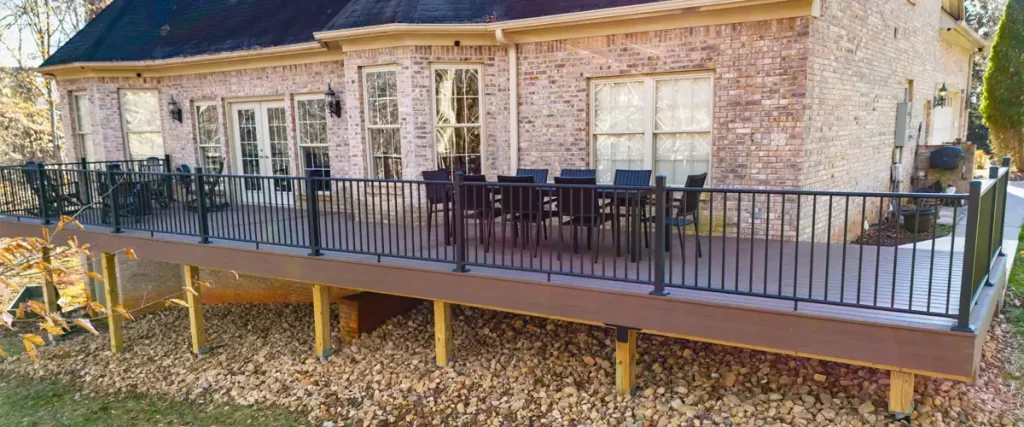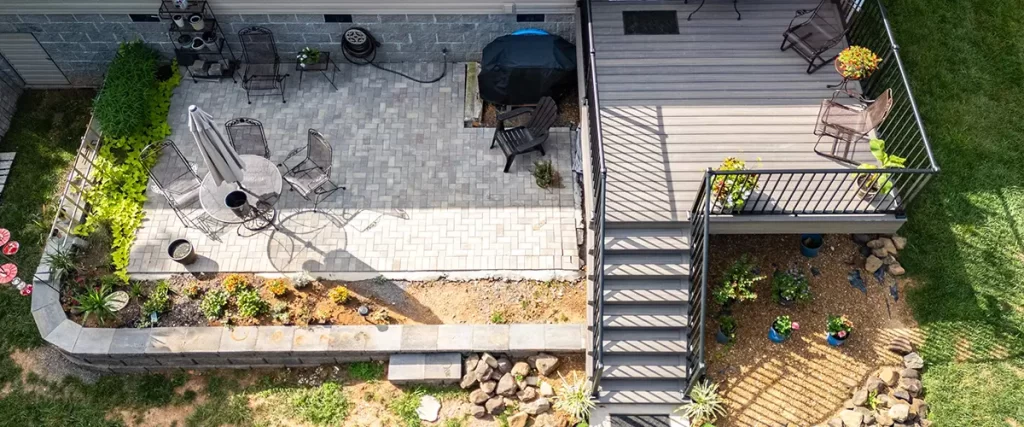Imagine this: you’re sipping your morning coffee, the sun is rising over the Smoky Mountains, and your deck, solid, level, and beautifully integrated into the hillside, gives you the perfect view. But if you’ve got rocky or uneven terrain, you’re probably wondering how to make that dream deck a reality.
Here in the foothills of East Tennessee, we’re no strangers to sloped backyards, patchy bedrock, and unpredictable soil. If you’ve tried to plan a deck in this landscape, you already know, it’s not flatland-friendly. But the good news? You can build a safe, stunning, long-lasting deck even when your yard is more “cliffside cabin” than “cookie-cutter cul-de-sac.”
Let’s dig into everything you need to know about decking over rock or uneven ground here in the Smoky Mountain foothills.

Why This Matters for Homeowners in the Smoky Mountain Foothills
You’re living in one of the most breathtaking regions of the country. That’s not just a biased local opinion—it’s a fact. The foothills offer scenic beauty, cooler mountain air, and a sense of peaceful seclusion. But these natural perks come with a few building challenges.
- Terrain: Sloped, rocky, or uneven land is common around places like Seymour, Maryville, and Sevierville.
- Soil composition: Shallow bedrock and clay-heavy soils can cause drainage and settling issues.
- Climate: With seasonal temperature swings, freeze-thaw cycles, and high summer humidity, your deck needs to be designed to endure it all.
- Regulations: Local zoning codes and HOA guidelines may restrict certain structural options or require additional permits for elevated decks.
Building here takes more planning, more skill, and a deep understanding of the landscape. But the results are worth it—and they’ll add serious value to your home.
How to Build a Deck on Uneven or Rocky Ground
Here’s the real question you probably have: How do you actually do it?
Let’s break it down.
1. Start with a Site Assessment
Before a single post goes into the ground, you need to understand your property.
- Is there visible bedrock?
- How steep is the slope?
Is there water runoff or drainage to manage? - What’s the soil type?
A professional site assessment will help determine whether your deck will require footings, piers, retaining walls, or special drainage systems.
2. Designing for the Slope
There are a few proven strategies for sloped or rocky landscapes:
Elevated Decks
Perfect for steep slopes. Posts and beams hold the structure above ground level, creating a flat surface without needing excavation. Plus, you get usable space underneath for storage—or even a shaded seating area.
Tiered Decks
Ideal if your property has multiple grade levels. You can build connected platforms at different elevations, following the natural contour of your land.
Platform or Freestanding Decks
Useful for areas where anchoring into rock is difficult. These rest on the surface using concrete blocks or precast piers.
Hybrid Designs
In many cases, you’ll combine two or more styles. For example, an elevated section with a ground-level transition zone or a retaining wall to manage elevation.

Foundations That Work in Our Terrain
The foundation is where your deck’s longevity begins—especially here, where soil movement, rock, and moisture are constant factors.
Options include:
- Helical Piers: Great for difficult soil or sloped areas. These screw-like supports are driven deep into the ground and can anchor in rock.
- Concrete Footings: Traditional and effective. They need to be poured below the frost line (~18 inches around here).
- Post and Beam on Piers: Ideal for freestanding decks where excavation is limited.
- Anchoring into Rock: In some cases, you can drill and epoxy anchor bolts directly into bedrock for unbeatable strength.
It all comes down to your lot. The right foundation protects your investment, prevents shifting or sagging, and ensures your deck stays safe and level for years.
Dealing with Drainage and Erosion
This is a big one.
Decks on sloped land are vulnerable to water runoff, which can lead to erosion, rot, and instability if not handled properly.
Here’s what you can do:
- French drains or gravel trenches around your posts
- Retaining walls to manage large elevation changes
- Gutter extensions and splash blocks if building near your home
- Water-resistant materials and pressure-treated framing
You want water to move away from your deck, not under it or through it.
Choosing the Right Materials
This isn’t just about looks. Materials need to stand up to mountain moisture, freeze-thaw cycles, UV exposure, and the occasional hailstorm.
Best Decking Materials for the Smoky Mountain Foothills:
- Composite Decking (like Trex or TimberTech):
- Low maintenance, moisture-resistant, and fade-resistant.
- Great for high-moisture areas or decks with lots of sun exposure.
- Pressure-Treated Wood:
- Affordable and durable when properly maintained.
- Best for structural framing.
- Hardwoods (like Ipe or Tigerwood):
- Naturally rot- and insect-resistant.
- On the pricier side, but gorgeous and long-lasting.
Top Manufacturers for Decking Materials
These brands are known for producing high-performance materials perfect for tough weather and terrain.
- Trex: A leader in composite decking. Offers fade- and stain-resistant planks that thrive in humid climates.
- TimberTech: Known for premium finishes and long warranties. Great for durability in high-sun areas.
- Fiberon: Eco-friendly and stylish. Their composite lines are ideal for mountain homes with aesthetic flair.
- Deckorators: Offers mineral-based composite options that are super stable, even in extreme temps.
- YellaWood: For pressure-treated wood lovers, this brand is known for quality lumber that resists rot and bugs.
Permits and Regulations in East Tennessee
Depending on where you live—Blount County, Sevier County, Knox County—there may be:
- Setback requirements
- Height restrictions
- Engineering plans required for elevated decks
- HOA rules about materials, colors, or railing types
You’ll likely need a permit from your local building department. Here are a few helpful links:
- Knox County Permitting Info
- Blount County Building Dept.
- Sevier County Codes
FAQs: Decking Over Rock or Uneven Ground in Tennessee
Can I build a deck directly on bedrock?
Yes! You can anchor posts directly into rock using epoxy-set bolts. It’s strong and long-lasting.
What’s the average cost to build a deck on sloped terrain?
It varies. Expect $45–$75 per square foot depending on design, materials, and complexity.
Do I need a permit?
In almost all cases, yes. Especially if the deck is elevated or attached to your home.
Will a deck increase my property value?
Absolutely. A well-built deck adds value, curb appeal, and usable outdoor living space.
Can I DIY a deck on rocky or sloped land?
It’s possible, but challenging. Most homeowners benefit from professional expertise—especially for foundations and drainage.

Final Thoughts
Here in the Smoky Mountain foothills, your yard might be rocky, sloped, or uneven—but that doesn’t mean you can’t have the deck of your dreams. With smart design, the right materials, and expert planning, you can create a beautiful, lasting space that’s built to handle whatever Mother Nature throws its way.
Ready to explore your options for decking over rock or uneven terrain? Contact us at (865) 801-4545. We’d love to help you make your dream deck a reality—right here at home in East Tennessee.

